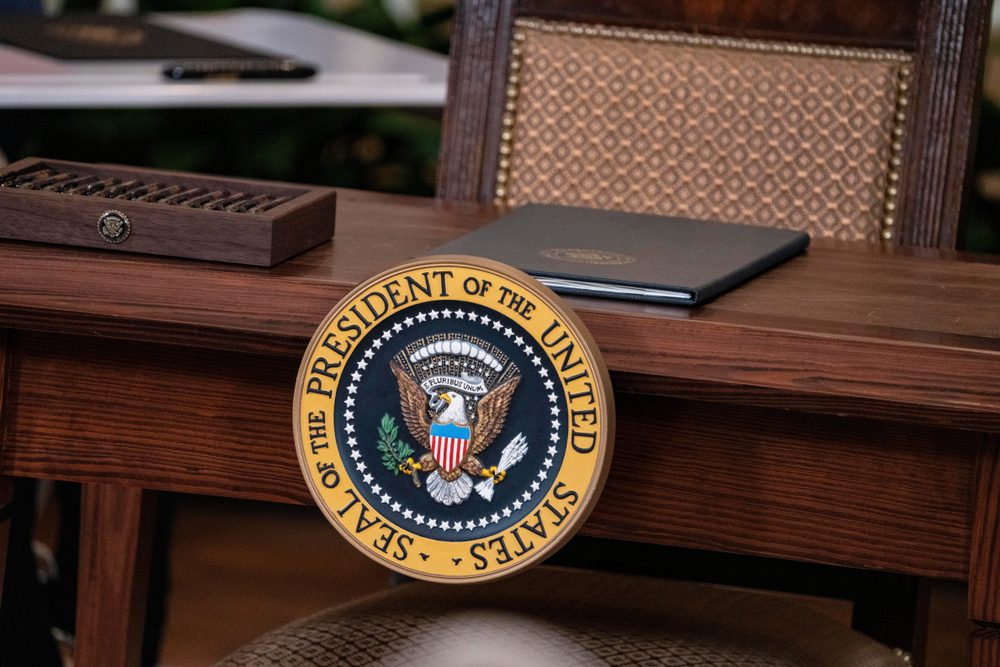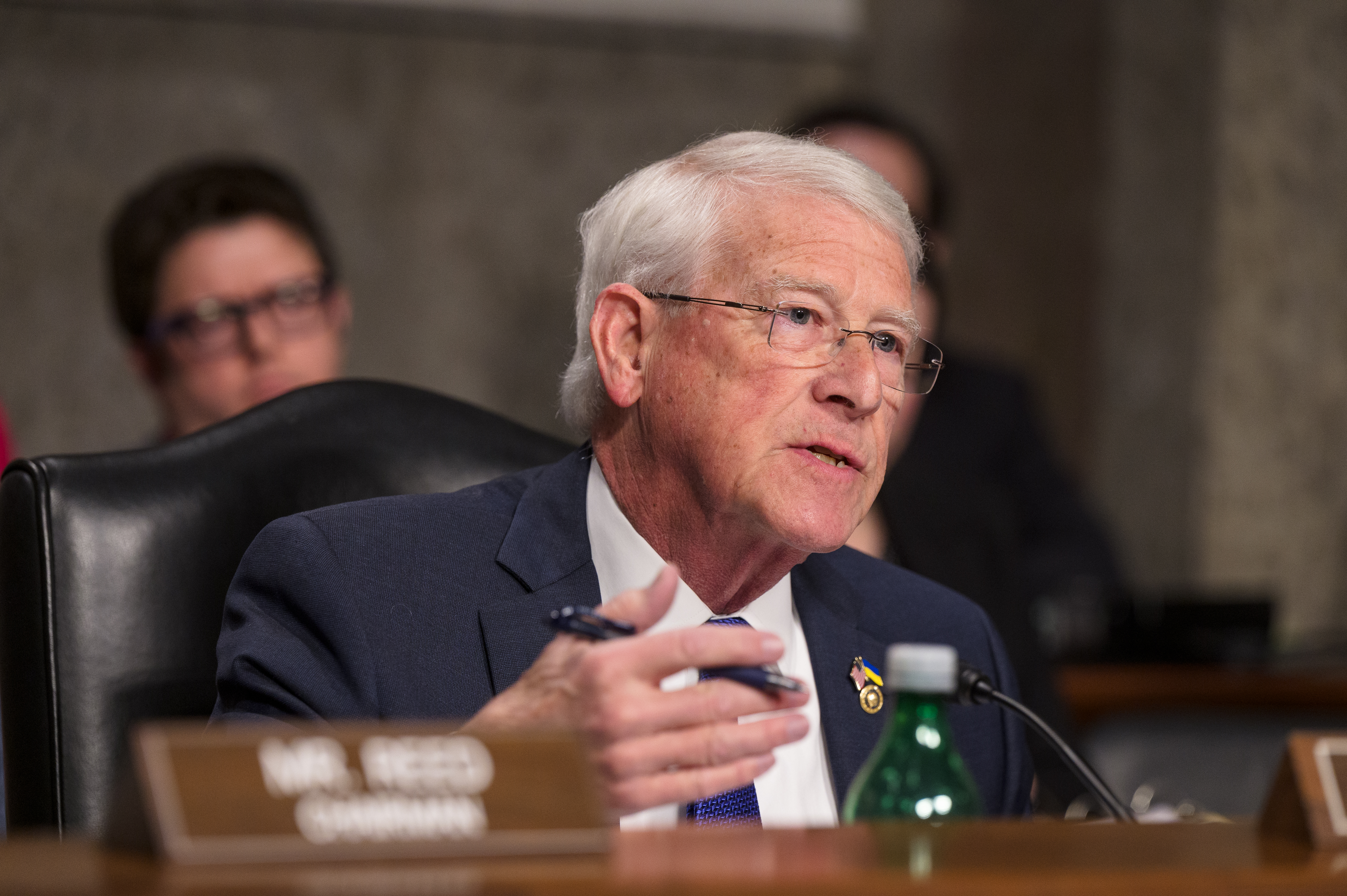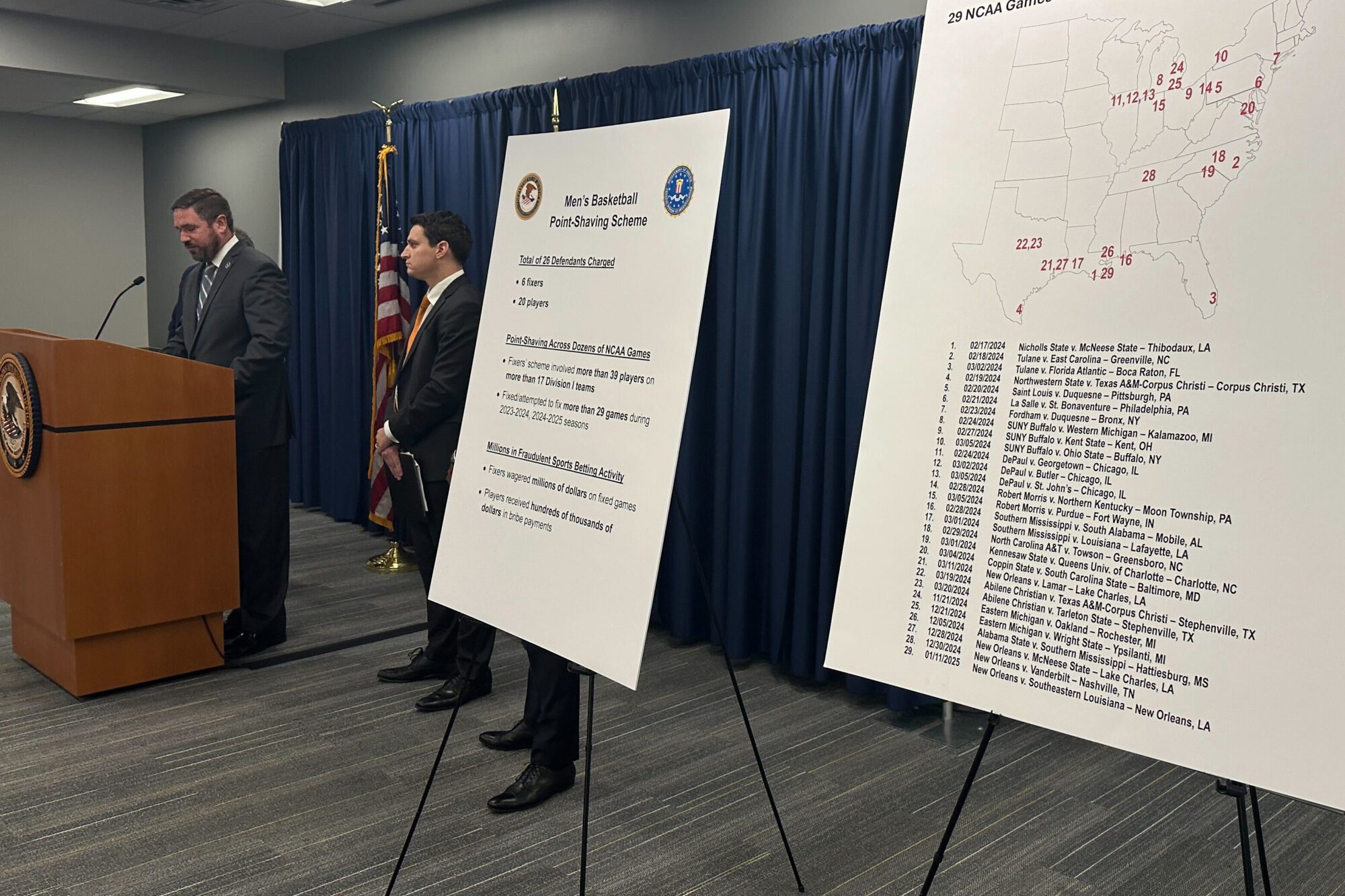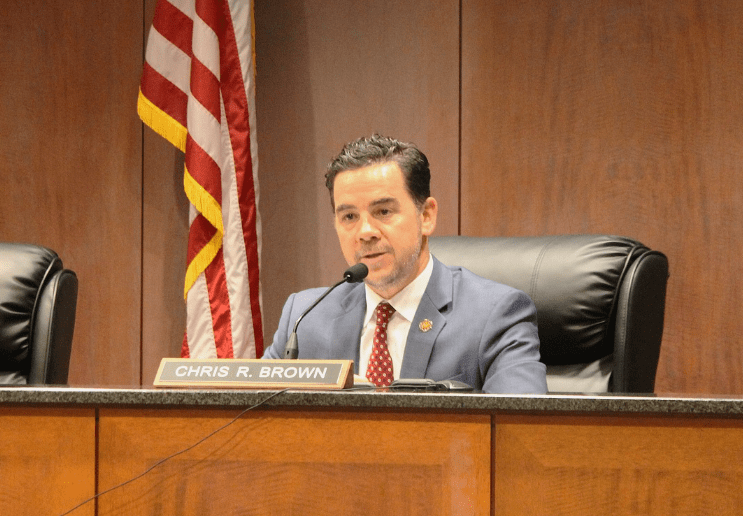
Arcane laws that take away access to health care options a root cause of ongoing hospital crisis in state.
If you’ve ever paid five bucks for a Coke at a theme park, you know the feeling. What begins as carefree frolic to the concession stand gives way to the unpleasant realization that you are a captive audience – and that your captors intend to bleed the poor, unfortunate souls in their charge for every penny they’re worth. But it’s hot and you’re parched so you begrudgingly fork over the cash. To make matters worse, your server doesn’t seem to notice or care that the fountain drink is watered down. Why would they? They’re the only game in town.
Fortunately, this minor irritation is limited to trivialities like junk food at amusement parks. We would never allow that kind of price gouging and poor service to occur in industries affecting vital needs, like health care, right?

Think again.
In Mississippi, not only do we allow patients to become captive audiences, in many cases, we require it.
Why? Because of outdated and ineffective government regulations – known as “Certificate of Need” (CON) laws – that intentionally limit important health care services like opening new medical facilities, adding new hospital beds, and purchasing new medical equipment.
Unlike other health care licensing laws already in place, CON laws are not intended to protect the public by requiring applicants to prove that their new facility or service will be safe, sanitary, or high quality. Instead, these laws are explicitly designed to take away options for health care and boost the prices that established companies can charge.
Before starting or expanding those medical services, CON laws require providers to prove to Soviet-style central planners in state government that their services are “needed” by the community. Because existing companies can challenge the application in court, new providers must be prepared to spend hundreds of thousands of dollars and years of their lives to surmount the opposition of determined competitors.
This works about as well as you think it would. It’s why we don’t make a budding Papa John’s franchisee ask Dominoes’ if they think the town really needs a new pizza joint.
CON laws were originally based on the misguided theory that they would control health care costs and avoid wasted resources. But decades of experience and research show that they have the opposite effect. Instead, politically connected companies use CON laws to keep new providers from competing with them, often to the detriment of patients.
Patients become a captive audience to the few medical providers available – sometimes to the only provider available. This doesn’t exactly incentivize existing companies to offer higher quality care at lower prices, much less come up with innovative ways to better serve their patients.
Repealing ill-conceived CON laws is a bipartisan issue. President Reagan convinced a Democrat-controlled House of Representatives and a Republican-controlled Senate to eliminate a federal law that essentially required states to implement CON laws. Since that time, 15 states – both red and blue – have repealed them. The Obama and Trump administrations, the Federal Trade Commission, and the Department of Justice have all urged more states to do so. Now, Governor Tate Reeves is urging Mississippi lawmakers to do the same.
So why does Mississippi still have CON laws? Because of economist Steven Horwitz’s First Law of Political Economy: “No one hates capitalism more than capitalists.”
Business people often pay lip service to the value of capitalism but what they often prefer is crony capitalism; the kind that privileges the interests of the politically connected over those of their competitors and customers. Cronyism is hard to uproot. Once the government has given crony capitalists a shield from competition, spending on political donations and high-paid lobbyists makes it very difficult to take away.
The long-ignored calls to bring more choice and competition to Mississippi’s health care market may be even less likely to be heeded now amid the state’s ongoing hospital crisis. Established hospitals, already struggling with uncompensated care, declining rural populations, skyrocketing costs, and inefficient operations are unlikely to be receptive to the message that competition is the answer. Government bailouts may be more likely to win out in the short term.
But it would be a mistake for lawmakers to ignore one of the root causes of the current crisis: arcane laws that take away access to health care options while allowing bad business practices by existing providers to go unnoticed and uncorrected.
If Mississippi wants the kind of dynamic, high quality, and innovative health care that practitioners seek and patients deserve, we have to bring back the healthy competition that fosters it.










